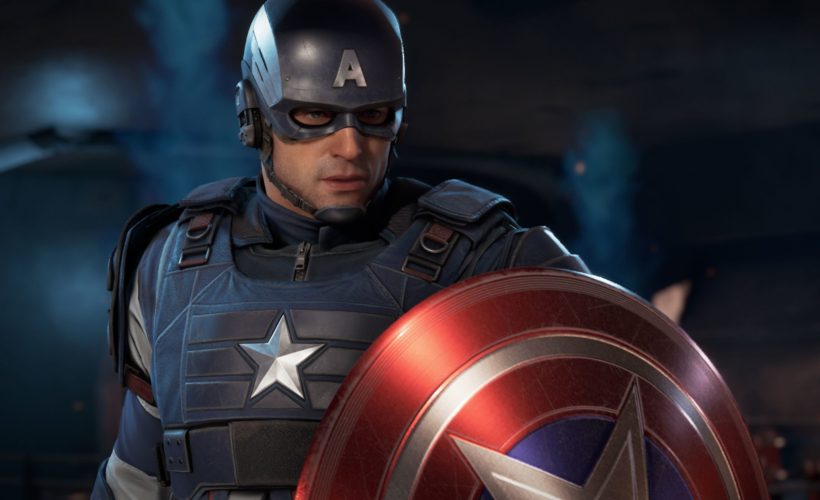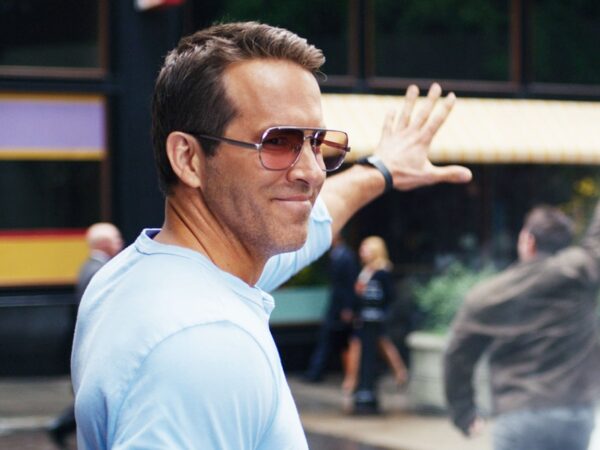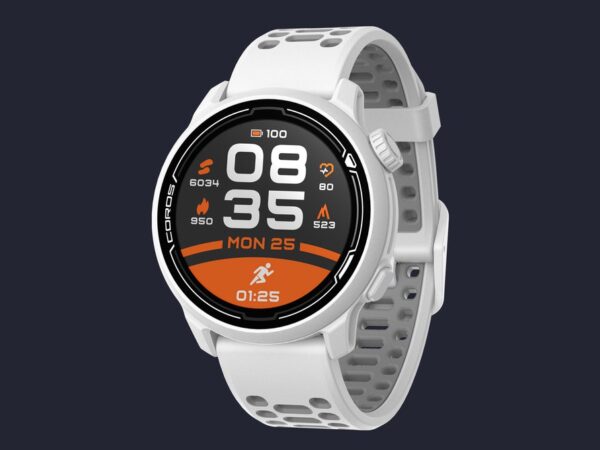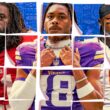For nearly as long as there have been videogames, there have been videogames featuring Marvel heroes. Spider-Man for the Atari 2600? 1982. Since that blocky beginning, those games have come from nearly every studio imaginable, in every genre imaginable, for nearly every platform imaginable. Some of them were slapdash licensing plays; others loving tributes to the decades of mythology contained within the Marvel universe. But each of them felt like a universe unto itself—and if you’ve read comic books for any length of time, you know what happens next.
Just like the comics themselves, the pile of Marvel games grew into an unwieldy, unparseable mountain of retcons and reboots—something that landed, on average, a few miles east of Canon and a block and a half from Weird-Ass Shit. (Looking at you, Captain America in: The Doom Tube of Dr. Megalomann.) That’s changing, though, and quickly. In a wide-ranging, supersized Comic-Con panel yesterday, Marvel Games dove deep into three upcoming triple-A games. These, too, span different genres and platforms, but they share something far more important: making sure everything is accessible to Marvel’s newest fans, while still rewarding its oldest.
Marvel Ultimate Alliance 3: The Black Order, which not-so-coincidentally comes out today for Nintendo Switch, resuscitates an action-RPG franchise that dates back to 2006. Like its two predecessors, it’s a team-dream run amok. As you play, you unlock character after character, and can throw them together in any quartet you like. The original MUA came out two years before Robert Downey Jr. put on the Iron Man suit and blasted Marvel into an entirely new realm of awareness; playing it then was the closest thing I’d ever felt to the seeing the breadth of the Marvel universe come to life. Now, MUA3 is introducing more characters than ever—but the big difference is there are more people who know those characters than ever before.
“We’ve seen, in movies, the Avengers and the Guardians of the Galaxy and Spider-Man get together,” said game writer Marc Sumerak, “but we invited everyone to the party.” That stretches from mainstream mainstays like the X-Men to the Netflix-popularized Defenders to more arcane groupings like the Midnight Sons, as well as recent favorites like Miles Morales and Kamala Khan/Ms. Marvel. Playing the permutation game with dozens of characters isn’t just strategy—it’s fan-fiction of the most gratifying kind. That goes for locations and battles as well. “When do you get to see the Guardians of the Galaxy fight Green Goblin, or Deadpool get to go to the Dark Dimension?” Sumerak asked.
After MUA3, the panel turned to Iron Man VR, a PlayStation VR title coming later this year from Seattle studio Camouflaj. The appeal here isn’t match-ups or mythology as much as it is the sheer, unrestrained joy of flying; Iron Man’s helicopter-like flight pattern accommodates your natural standing position without asking your brain to make undue contortions. The panel didn’t show much footage from the game beyond a promotional video, but I played 20 minutes of it earlier this year, and can vouch for the fact that while VR is great for more than just gaming, it also happens to be great for flying through the air at 30,000 feet and shooting repulsor beams at enemy drones.
The panel saved most of its energy for the final game, The Avengers, a massive action title from studio Crystal Dynamics coming out next May. The centerpiece here was an extended 20-minute demo of the game’s prologue, previously only seen behind closed doors at E3 in June: a massive sequence taking place on and around the Golden Gate bridge, with players taking stints as each of five starting characters (Iron Man, Black Widow, Hulk, Captain America, and Thor). As with MUA3, customization is part of the fun here. Creative director Shaun Escayg emphasized time and again that each of the five characters (and others as well) could be developed to highlight their various iterations in the comics and films—wear different suits, fight in different ways, even team up with friends online to complete missions as multiple versions of the same hero.
Marvel Games has brought multiple titles to Comic-Con before, but never have they felt as kindred as they did this year. The obvious catalyst is the dizzying success of the Marvel Cinematic Universe, itself a result of narrative rigor. Every thread in the MCU’s first two decades has its own tonal identity, from Captain America’s political-thrillers-through-the-ages to Ant-Man’s teeny-tiny slapstick to Thor’s newfound campy perfection, but still ushered moviegoers into the same grand unified theory. Where the comics outgrew cohesion, slapping canon together as they multiplied, the movies found focus by waiting to build until the blueprints were finished.
Now, that focus is finally paying off in the world of games: Last year’s Spider-Man was the first Marvel game in memory that felt like a spiritual sibling of the MCU. Judging from yesterday’s panel, it wasn’t the last. It also wasn’t inevitable, as one look at the tortured history of Star Wars games makes clear. Marvel Games’ efforts may not all be telling the same story, but they’re doing something better: They’re telling their own stories with care. And that’s a recipe for a new kind of success.
More Great WIRED Stories
- The second coming of the robot pet
- The infrastructure mess causing countless web outages
- How nine people built an illegal $5 million Airbnb empire
- Disney’s new Lion King is the VR-fueled future of cinema
- YouTube’s “shitty robot” queen made a Tesla pickup truck
- ? Torn between the latest phones? Never fear—check out our iPhone buying guide and favorite Android phones
- ? Hungry for even more deep dives on your next favorite topic? Sign up for the Backchannel newsletter
Source:WIRED










